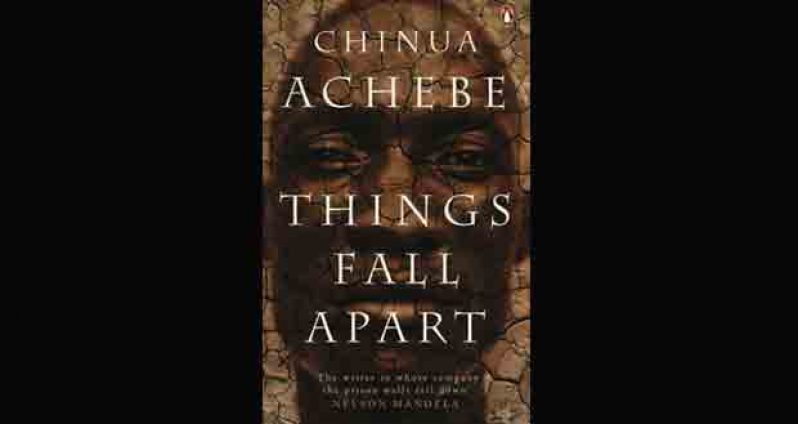Guyana has an obvious direct and important connection to the African continent. Our history is linked to the continent and, as a result, much of our culture – our folklore, our rituals and various traditions, even our proverbs – have their origins in Africa. African history itself, in dealing with a colonialism that was also experienced by Guyana, lends itself to the similarities that exist between our country and the continent. Yet, strangely, it seems as though African literature has not been wholly embraced by Guyanese readers in the way that American literature, English literature and even literature from India has been. This is made all the more interesting when we consider that Africa has produced some of the most diverse and important writers to emerge on the global literary scene and their work needs to be accepted by societies who can glean and understand the wealth of necessary information being offered in such works. Chinua Achebe is one of these great African writers and his magnum opus, Things Fall Apart, definitely needs to be appreciated by more Guyanese.
First published since 1958, the novel is set in Nigeria, in an Ibo village, where we meet our protagonist, Okonkwo, a former wrestler and a strong and upstanding figure in his village. He has several wives and many children and does seem to exhibit traits of the tragic hero. The novel chronicles Okonkwo’s life in his village – his rise to power and to a position of influence, his relationships with his wives, his children, and the other villagers, his failings and flaws as a man, and the advent of colonialism and the arrival of Christian missionaries to the village.
One of the remarkable things that Achebe does in his work that can be emulated by Guyanese writers is his use of traditional folk forms in his writing. He uses, for example, a Nigerian folktale as a mechanism with which to approach the themes of masculinity and femininity which plays an important part in the novel. Achebe’s use of ritualistic dancing, the use of masks and costumes, and other forms of Ibo culture in the initial portions of the novel stand blatantly against the colonials who appear later in the book and serves to remind the reader of some of what is lost with the arrival of the Christian missionaries.
Of course, the novel definitely lends itself to postcolonial criticism. The title itself may refer to the destruction or disassembling of the village, of the life of Okonkwo, of the culture of the Ibo, or even of Nigeria or Africa itself, due to colonialism. One of the interesting aspects of the representation of colonials in this novel is the way in which Achebe shows an insidious and more subtle form of colonialism – through religion – and reminds us of the important lesson which states that not all forms of colonialism entail the use of guns and the slaughter of men. One of the most famous quotes in the book highlights this idea when it says, “The white man is very clever. He came quietly and peaceably with his religion. We were amused at his foolishness and allowed him to stay. Now he has won our brothers, and our clan can no longer act like one. He has put a knife on the things that held us together and we have fallen apart.” The falling apart of a society, the loss of traditional culture and customs, and the role of colonialism in all this should definitely show us how similar African history and African societies are to our own and it is for this reason that African literature should be more widely read and celebrated in Guyana.



.jpg)








